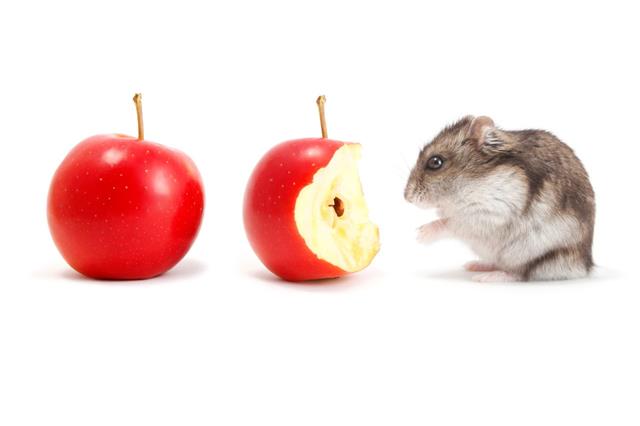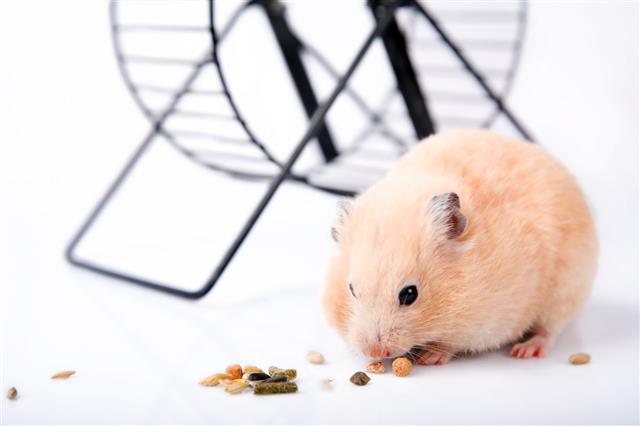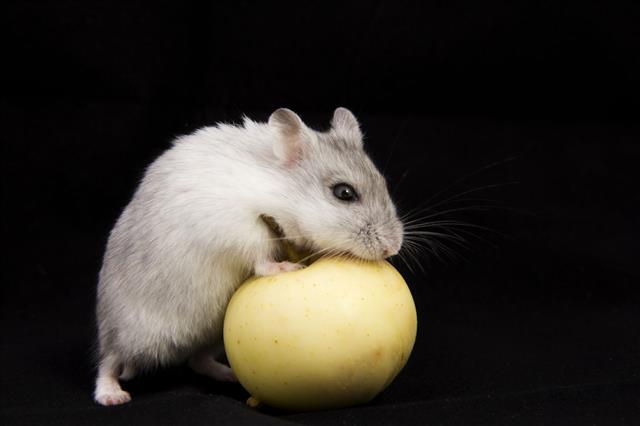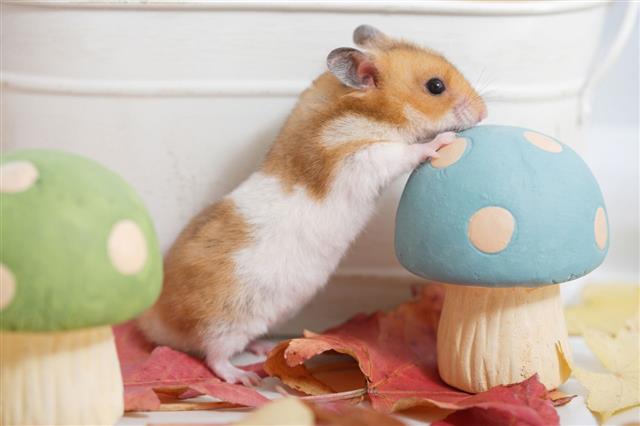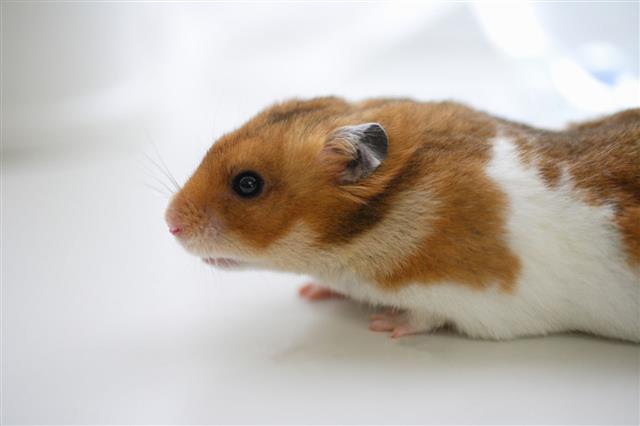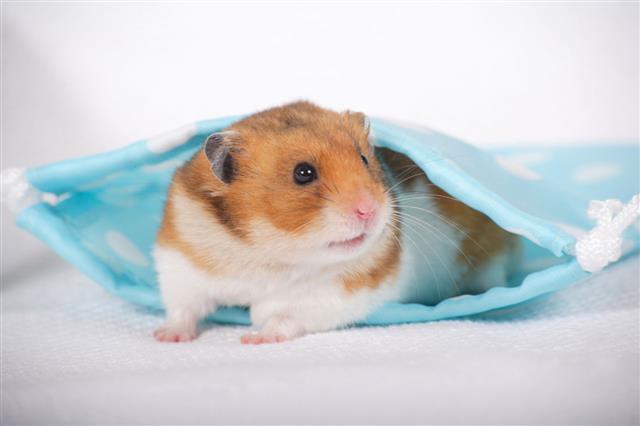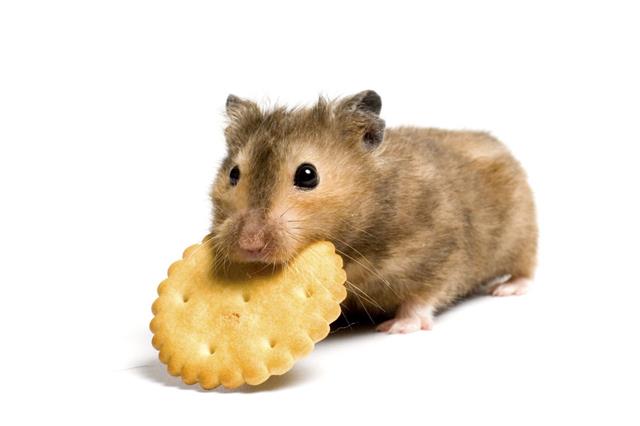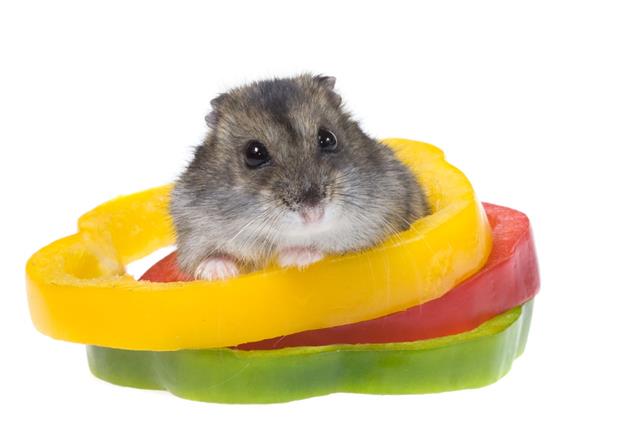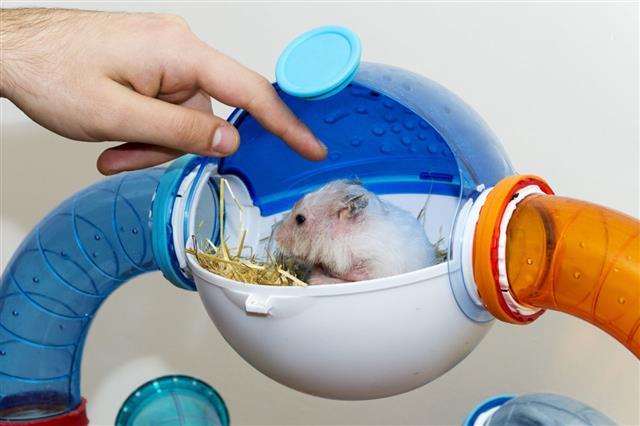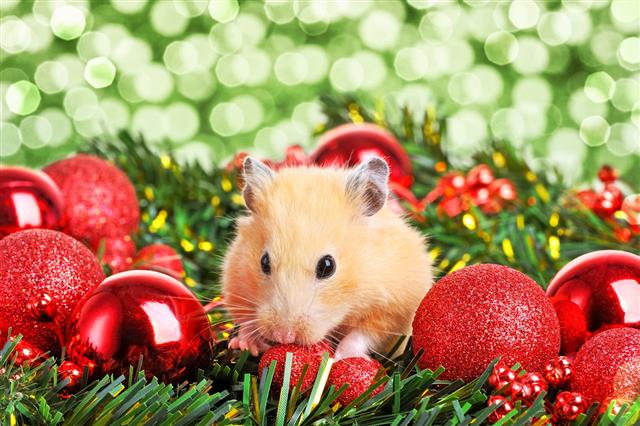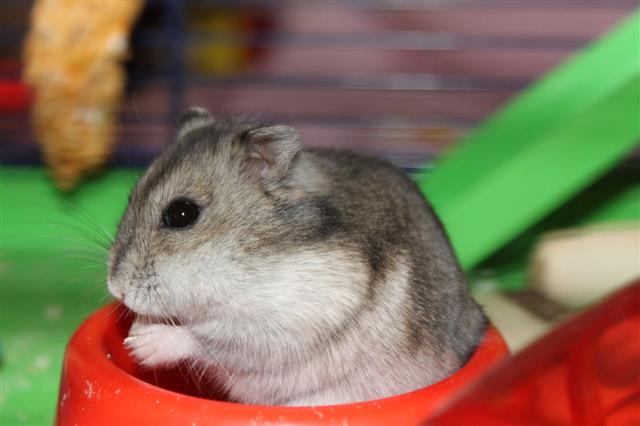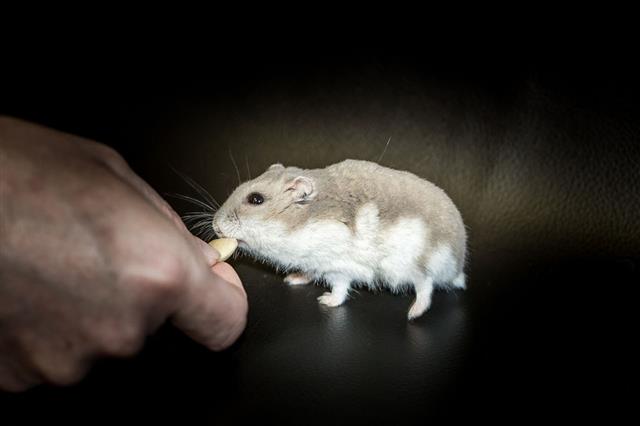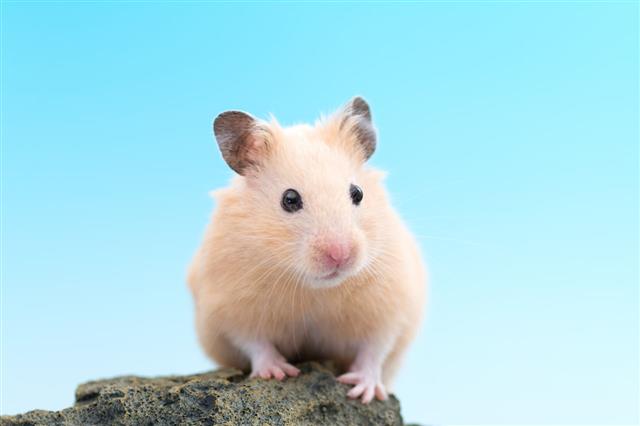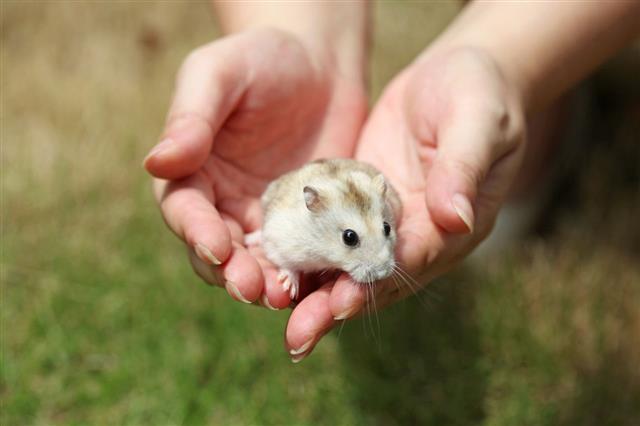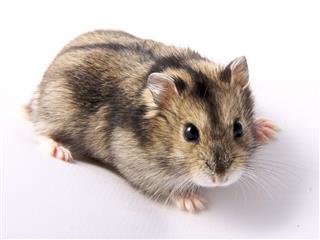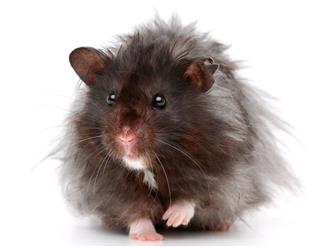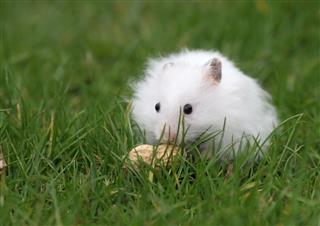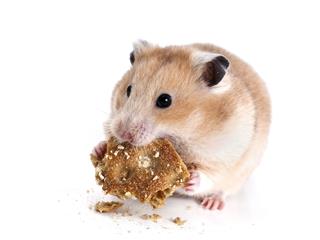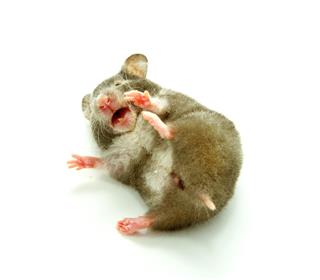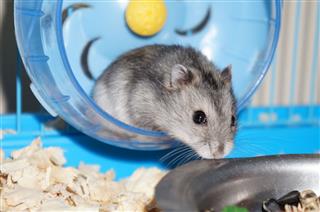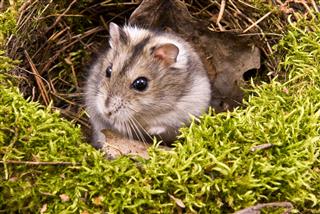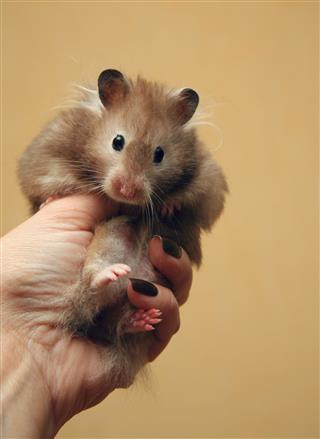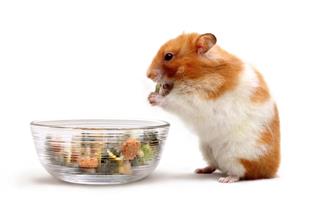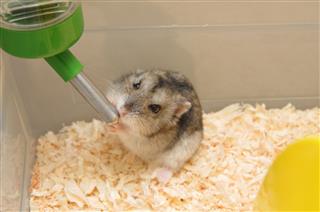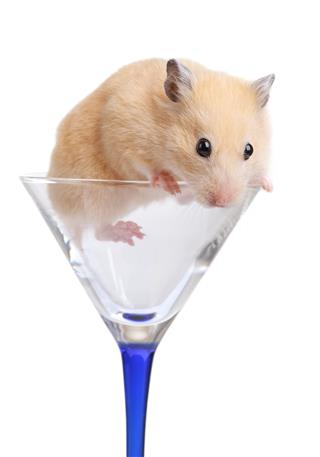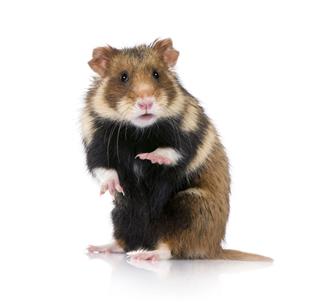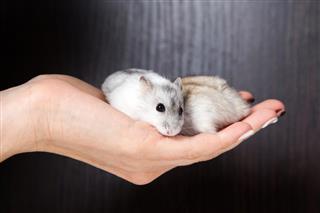
Kids adore pets, especially small and cute critters like hamsters. Do you think hamsters are good as pets for children? Let us find out.
Kids have always been fascinated by pets, especially the cute, furry ones and hamsters fit the bill perfectly. Even the parents agree to their kids’ choice, as these animals are tiny and cute. For the parents, the advantage of keeping hamsters is that these animals being tiny, require less space. They are also believed to be non-aggressive. Do you think that the size and the looks are all that matters, while choosing a pet for kids? Are hamsters good as pets for children? You have to weigh the pros and cons before you decide.
Why Hamsters are Popular as Pets?
We all know that hamsters are cute and cuddly, and their looks are surely appealing. There are numerous reasons behind the popularity of these animals as pets. Here are some of them.
- Small and Inexpensive: Hamsters belong to the inexpensive pets category and are often called ‘pocket pets’ for their small size. They are perfect for those who find it difficult to afford expensive pets and also for those, who have a shortage of space for larger animals.
- Entertaining: These animals win the hearts of kids with their antics, as they love to roll on the ground like small, soft balls. They climb tunnels and make funny movements.
- Minimal Care: Compared to some other pets, hamsters require minimal care, which includes food, water, bedding, some toys, vitamins, and minerals. Most of the hamsters are not attention-seekers.
- Easy Handling: Being small in size, even kids can handle hamsters. This is not possible in case of larger or aggressive pets.
These are some of the reasons why you would opt for a hamster as a pet for your kid. You have only looked into the positive sides, as compared to other types of pets. However, there are certain disadvantages too.
Reasons to Avoid Hamsters as Pets for Kids
Choosing the right animal as a pet for your kids is a difficult task. Children may have their own priorities, but before giving in to their demands, you must have some idea about the animals they want as pets. You have to consider the pros and cons, before choosing one. As far as hamsters are concerned, we have already discussed the factors that seem to be advantageous. However, you have to think twice, if you are looking for an ideal pet for your kids.
In general, hamsters have a short lifespan, they are nocturnal, they can bite and can escape easily. These animals take time to socialize, chew on everything, breed rapidly and the males have urine with a strong smell. The following are some of the disadvantages of keeping hamsters as pets for children.
- Though they are considered non-aggressive, hamsters might bite, especially when they are disturbed during sleep.
- Being nocturnal, these animals sleep during daytime, when kids are active. There is no point in adopting a nocturnal animal as a pet for small children.
- These animals are so fragile that kids have to be gentle while handling them. Hamsters can get hurt and try to bite, if handled improperly.
- Hamsters may carry harmful germs that can cause infections in small kids. They may carry salmonella bacteria, that can cause stomach cramps, diarrhea and fever.
- Even though adults are also exposed to this risk, small kids are more prone to such infections, because of their developing immune system.
- As in case of mice, hamsters too may carry lymphocytic choriomeningitis virus that can affect humans. They may also transmit hantavirus that can cause Hantavirus Pulmonary Syndrome.
- Hamsters usually have a short lifespan (two to three years) and it may be hard on your kid to bear the pet’s death.
In short, for a child who is under the age of eight, hamsters are not a good choice. In case of older kids too, you have to be extra cautious, if they handle hamsters. You must ensure that the kids know the proper method of handling hamsters. On the other side, make sure to clean the hamsters as well as their belongings, regularly and properly. Precautions like regular handwashing are also advisable.
Pets are good for children, but make sure that you keep infants, toddlers and preschoolers away from these animals, especially the non-traditional ones. Or else, you can consult the veterinarian about the specific risks associated with your pet and adopt measures to minimize or eliminate such risks. You can also wait for your child to get older and then bring his/her favorite pet.
